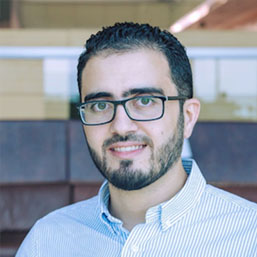Translational Biomedical Engineering
Translational Biomedical Engineering
Translational biomedical engineering is a rapidly growing field within clinical and public health research that aims to improve the health of individuals and the community by translating models and discoveries into diagnostic tools and healthcare.
The objective of the Translational Biomedical Engineering Research Group is the inception, development, and deployment of novel paradigms in the screening, detection, diagnosis, characterization, and treatment of disease through the integration of computational models into research and clinical practice.
Domains of interest include
- Computer-aided detection and diagnosis of atherosclerosis using signal processing and artificial intelligence methods.
- Data-driven multi-scale modeling for coronary artery disease: Emphasis on In-silico simulation
- Combining data-driven and fractional-order Model-based approaches for fast prediction of cardiac function based on the peripheral pulse wave.
- Noninvasive estimation of aortic hemodynamics and cardiac contractility using machine learning
- Deep learning for histology images classification: Classification and tumor localization applications.
- Machine learning in action: Stroke diagnosis and outcome prediction.
Translational Biomedical Engineering Research Group Services
- Better health outcomes because of translating knowledge and innovations to clinical practices and healthcare.

Director, Translational Biomedical Engineering
Dr. Bahloul
Translational Biomedical Engineering lab
College of Science
Dr. Bahloul’s research interests span across disciplines. He incorporates his undergraduate and graduate background in microelectronics and embedded computing systems and his present work in integrating multi-scale modeling and artificial intelligence techniques in the biological, biomedical, and behavioral sciences.
These interests include building and deploying smart health monitoring systems responsive to biological signals' complex variability. He draws on theories and methods from estimation and systems control theory, data analysis, and numerical modeling. His interdisciplinary research expertise is relevant to expedite the technology transfer to a wide range of real-world applications and industries.